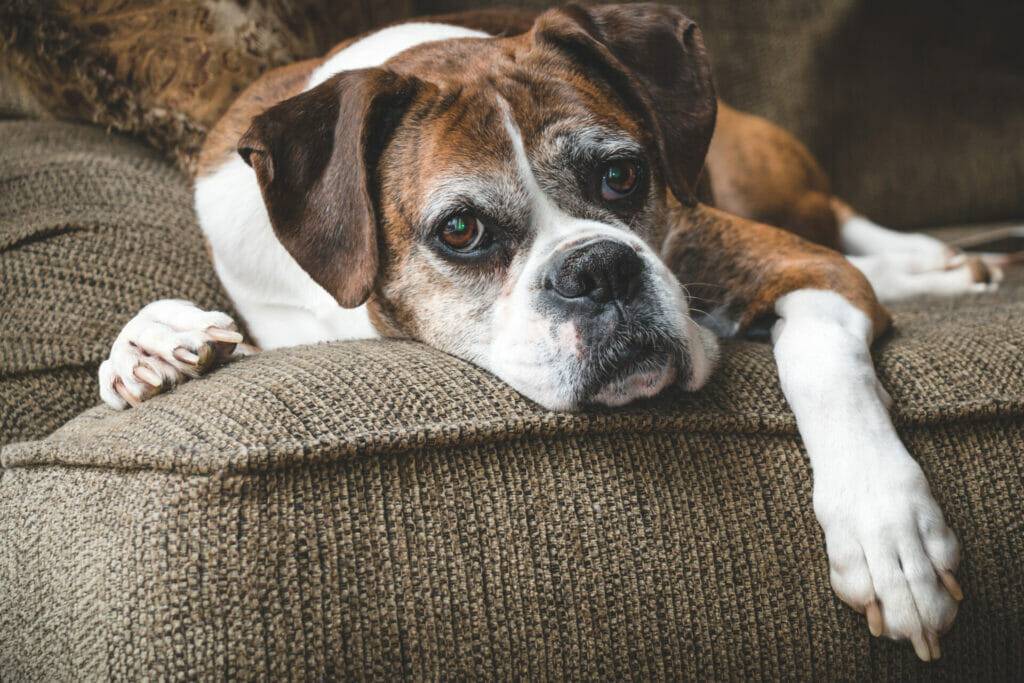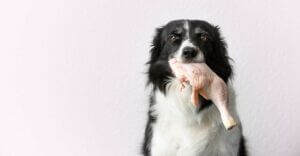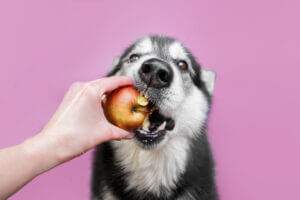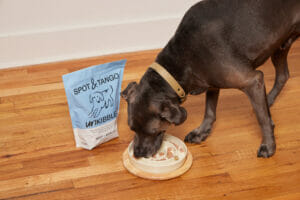Let’s talk about our senior dogs and their health! As our furry friends’ age, they might encounter pesky health issues that could affect their happiness. But no worries, we can do something about it! Let’s dive into some of the most common health issues in senior dogs, such as arthritis, cancer, hearing loss, vision loss, and diabetes.
Don’t worry; we won’t leave you hanging. We’ll also give you tips on managing these conditions and keeping your senior dog healthy and happy! So stay tuned, and let’s make our furry companions’ golden years the best yet!
Arthritis
As our pups get older, their bodies change, and sometimes this can cause arthritis, a real pain in the joints! Arthritis, with swollen, stiff, and painful joints, can make it challenging for our pups to get around. Following are a few symptoms to keep in mind when dealing with arthritis.
Symptoms
Stiffness
As your pup ages, stiffness is one of the most typical indicators of arthritis. They may have trouble getting up, climbing stairs, or taking short walks. They might become less active and sleep more than usual.
Limping
Another sign of arthritis in dogs is limping or favoring one leg. You might observe your dog shifting its weight to one side or favoring a particular leg. They may also need help to hop onto furniture or climb stairs.
Reduced Range of Motion
When your dog has arthritis, it may also experience a reduction in its range of motion. They could find it challenging to move their joints, causing them to feel stiff and sore. This can make even simple tasks, such as bending down to eat food or drink, difficult.
Aggressive Behavior
Arthritis can even affect your pup’s behavior, making them more irritable or aggressive. They may snap or growl when you touch or move their joints, which can cause discomfort. You may also notice that they are less inclined to socialize with other dogs or family members.
Treatment
Keep Healthy Weight
First things first, keep your dog at a healthy weight. Extra pounds can strain those already achy joints, so watch those snacks and get them moving!
Medication
Now, if the pain persists, don’t worry! Many treatment options exist, like NSAIDs, to help reduce inflammation and pain. And who doesn’t love a good supplement? Glucosamine and chondroitin can be great for promoting joint health and reducing inflammation.
Physiotherapy
And let’s remember the spa treatments! Physical therapy, acupuncture, and massage therapy can all work wonders for your furry friend.
Cancer
Just like us humans, our furry friends can develop cancer as well! But don’t worry, early detection is the key to successful treatment.
Symptoms
Here are some common signs of cancer to watch out for in senior dogs.
Weird Lumps or Bumps
Keep an eye out for any unusual growths on your dog’s body. If they seem to grow or change in size, it’s time to get them checked out.
Shedding Those Pounds
Cancer could be the culprit if your pooch loses weight despite eating the same food and sticking to their exercise routine.
Decreased Appetite
A change in appetite, whether a decrease or increase, can also indicate cancer in senior dogs.
Difficulty Breathing
Is your dog having trouble breathing or coughing a lot? It could be a sign of lung or throat cancer.
Bathroom woes
Check for blood in their urine or stool, difficulty going potty, or accidents. These could all be signs of cancer in your senior pup.
Treatment
Surgery
If surgery is possible, that’s usually the first step. It might be a bit tougher for older dogs, but if it’s doable, it’s a great way to eliminate cancer. However, if surgery isn’t an option, some other treatments remain to consider.
Chemotherapy
Chemotherapy is a popular treatment that can be given orally or through an IV. Sure, there might be side effects like nausea and hair loss, but most dogs can handle it like champs.
Radiation Therapy
Another treatment option is radiation therapy, which uses high-energy radiation to zap those cancer cells. It can be challenging since it might take multiple sessions over several weeks, but it can be effective.
Hearing and Vision Loss
As our dog’s age, they may experience a decline in their senses, particularly in their vision and hearing. This can be challenging not only for the dog but also for the owner.
Symptoms
Difficulty Moving Around
Vision loss is a common problem in senior dogs. Some signs of vision loss include bumping into furniture or walls, reluctance to move around in unfamiliar areas, difficulty finding toys or treats, and increased anxiety.
Cloudy and Bluish Eyes
Owners may also notice a cloudy or bluish appearance in their dog’s eyes. This may be a sign of cataracts, common in older dogs. Cataracts can be surgically removed in some cases, and a veterinarian can advise on the best course of action.
Increased Barking
Hearing loss is also common in older dogs. Some signs of hearing loss include a lack of response to commands or their owner’s voice, increased barking or whining, and sleeping through loud noises. Some dogs may become more aggressive or anxious due to their hearing loss, as they may feel more vulnerable.
Treatment
Treatment options include medication, surgery, and assistive devices like harnesses and ramps for vision loss, while hearing loss can be tackled with training, vibrating collars, or even hearing aids!
Prevention
Prevention is always better than cure, so take your senior doggo for regular checkups, feed them a healthy and balanced diet, exercise with them, and minimize their exposure to loud noises.
Conclusion
As our furry friends’ age, they might face pesky health problems. It can be tough to watch them struggle, but don’t fret! There are lots of ways to help them out. To deal with arthritis, give your pup some exercise and a healthy diet. If diagnosed with cancer, they might need chemo, radiation, or surgery.
Keep your doggo in tip-top shape by taking them for regular check-ups to catch heart disease and hearing or vision loss. If they have diabetes, don’t worry! There are medications and special foods to help them manage it. Being a proactive puppy parent will help your senior dog live their best life.




















